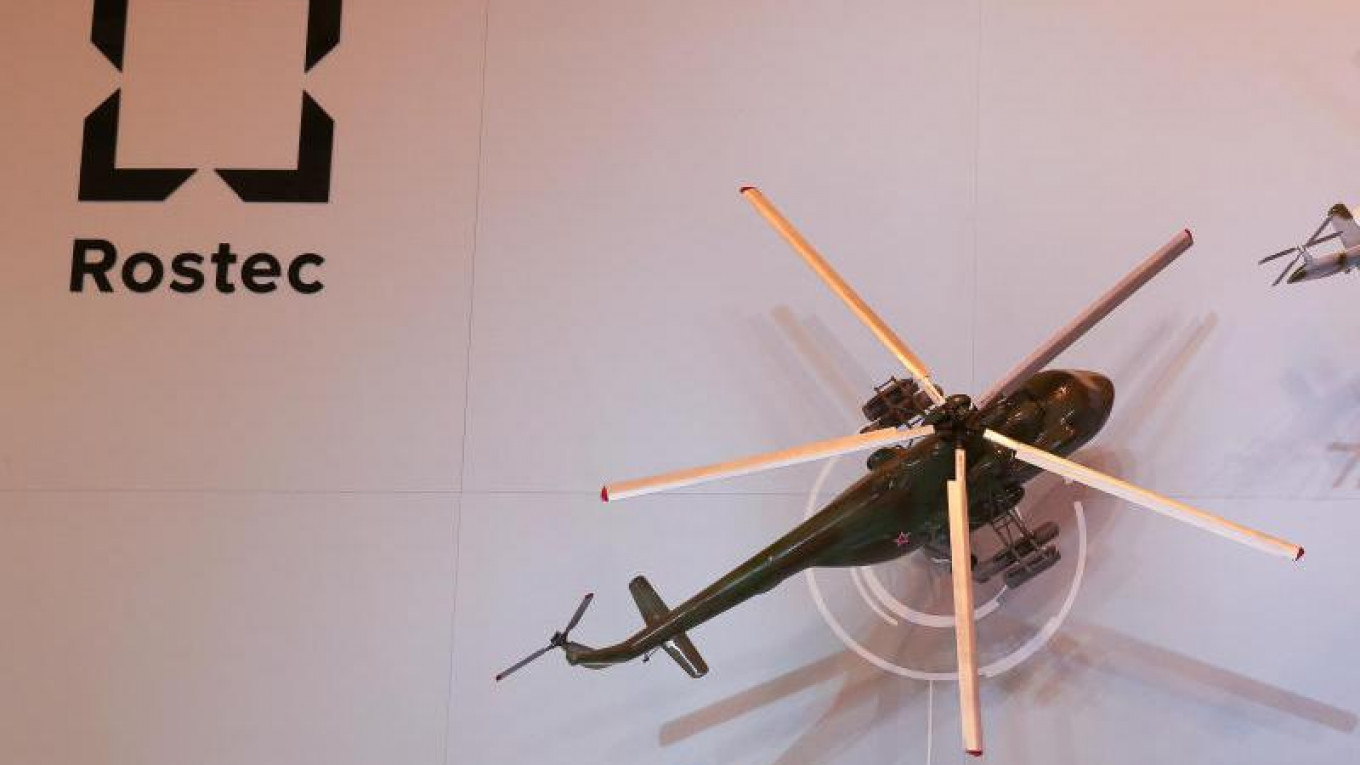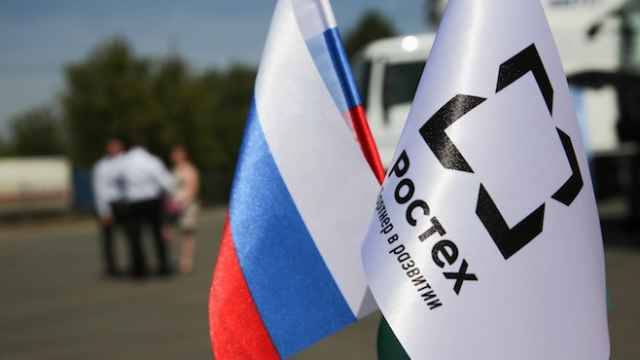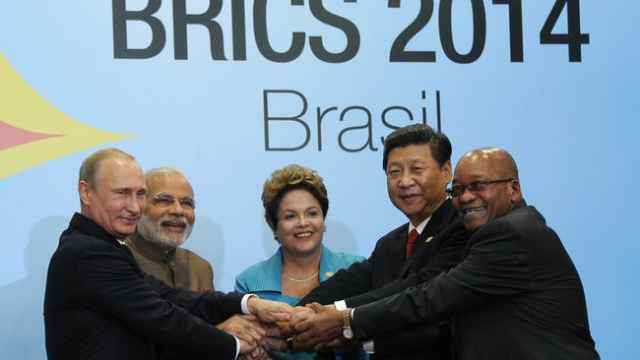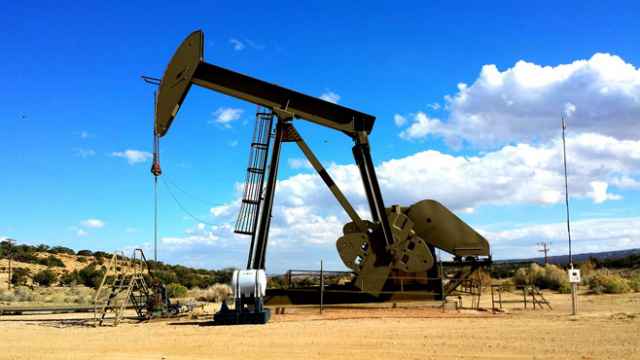Russia's state-owned military technology firm Rostec has seen its net profit soar by 281 percent to 99 billion rubles ($1.4 billion).
The company's annual report, which was personally presented by CEO Sergei Chemezov to President Vladimir Putin earlier this week, revealed that Rostec’s consolidated revenues had risen to 1.1 trillion rubles, or up 18 percent.
The company earned half of all revenues from state defense orders, with another 20 percent coming from the export of arms and military equipment.
The ongoing economic crisis in Russia and the risk of a possible decline in state defense orders has threatened company revenues. Rostec has the strategic task of increasing the share of products for civilian use from the current 26 percent up to 50 percent, Chemezov said.
Western sanctions against Russia have also deprived the company of several foreign markets, and stopped it from receiving foreign financing.
Western banks halted payments to Rostec subsidiaries due to the sanctions by the U.S., E.U. and a number of other countries, cutting the corporation’s foreign currency earnings in 2015 by 13 percent, to $6 billion, the report found.
The most difficult period for the company came in the second half of 2014 when sanctions prompted otherwise loyal clients to halt remunerations paid in dollars and euros, even if those particular states did not support the sanctions, one bank manager close to the company said.
As time progressed, Rostec found new methods which did not violate sanctions and allowed clients to pay for arms shipments on time, another banker said. While hundreds of millions of dollars in payments were suspended shortly after sanctions were introduced, that problem is now largely resolved, the source said.
Despite these difficulties, the weaker ruble has ultimately made Rostec products more competitive abroad.
The devaluation of the ruble was one of the most significant factors driving the growth of Rostec’s financial indicators in 2015, said Konstantin Makiyenko from the Center for Analysis of Strategies and Technologies. The company's 39-percent increase in military exports – from $3.3 billion in 2014 to $4.6 billion in 2015 – is due to a number of factors, although the upsurge is likely to have resulted from completion of prior defense contracts, Makiyenko said.
Although Russian arms exports dropped as a whole in 2015 for the first time since 2000 – from $15.2 billion to $14.5 billion, other state intermediaries are able to compensate. Rosobornexport subsidiary of Rostec – saw its portfolio rise last year to nearly $50 billion.
A Message from The Moscow Times:
Dear readers,
We are facing unprecedented challenges. Russia's Prosecutor General's Office has designated The Moscow Times as an "undesirable" organization, criminalizing our work and putting our staff at risk of prosecution. This follows our earlier unjust labeling as a "foreign agent."
These actions are direct attempts to silence independent journalism in Russia. The authorities claim our work "discredits the decisions of the Russian leadership." We see things differently: we strive to provide accurate, unbiased reporting on Russia.
We, the journalists of The Moscow Times, refuse to be silenced. But to continue our work, we need your help.
Your support, no matter how small, makes a world of difference. If you can, please support us monthly starting from just $2. It's quick to set up, and every contribution makes a significant impact.
By supporting The Moscow Times, you're defending open, independent journalism in the face of repression. Thank you for standing with us.
Remind me later.






